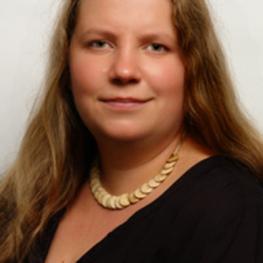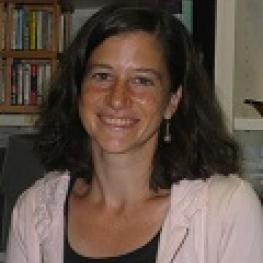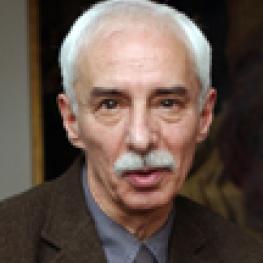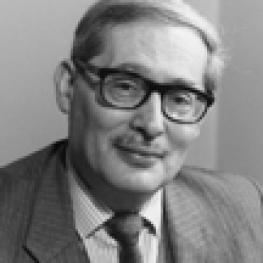Jews, Commerce, and Culture
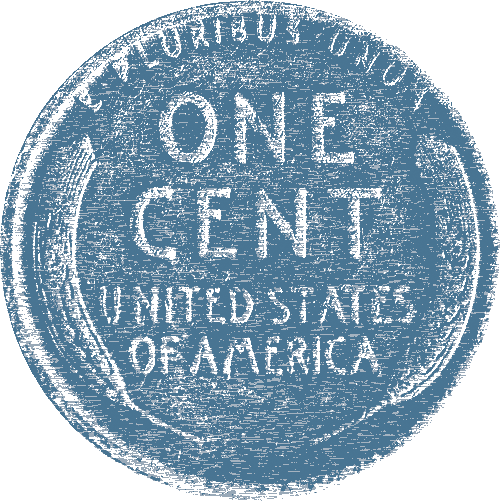
2008–2009
Given the prominence of the theme of money in anti-Semitic discourse, the fields of Jewish studies have been somewhat reluctant to tackle the idea of the economy frontally. However, economic history is a rich and important piece of the Jewish story, and a full picture of any people or culture cannot neglect it. In 2008–2009, the Center hosted a year on “Jews, Commerce, and Culture” dealing with such topics as Jewish livelihoods, social structures, trade networks, and fiscal mechanisms and the role played by money, credit, and trade in the cultural, spiritual, and artistic lives of Jewish communities and individuals. By bringing together historians, economists, anthropologists, literary critics, rabbinics scholars, and specialists in gender studies, this fellowship year worked to expose the shifting linkages between commerce and culture in Jewish life from medieval to modern times. The success of the year was felt around the seminar table and at our year- end conference, in our partnership with Penn’s Wharton School, and in a wildly successful series of public lectures. A selection of the finest work of the fellowship has been collected into a volume edited by Rebecca Kobrin and Adam Teller, Purchasing Power: The Economics of Modern Jewish History (2015).
